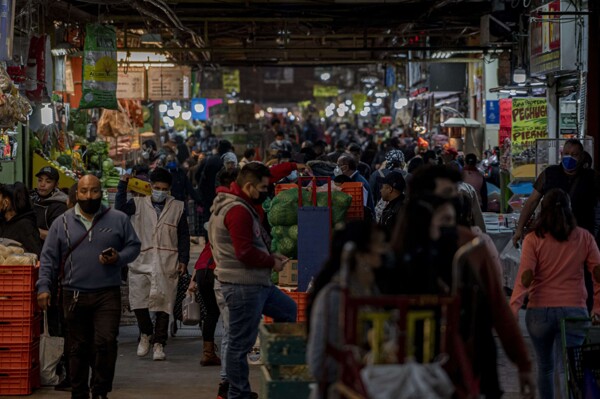
A few weeks ago, Petróleos Mexicanos (Pemex) began to regulate the supply of L.P. gas in several areas of central and southeastern Mexico. Rocío Robles, president of the Mexican Association of Liquefied Gas Distributors and Related Companies (AMEXGAS), warned about the possibility of shortages in these areas if the situation does not normalize.
According to Robles, the current situation is complicated for distributors, who are facing long lines of trucks waiting to load gas at Pemex terminals. The president of AMEXGAS explained that the problem has worsened at service stations in Chiapas, Oaxaca, and Yucatán, generating higher logistical costs and reducing profit margins.
In another context, the Secretary of Energy, Luz Elena González, mentioned the continuation of a maximum price for domestic gas for the next six years. This measure has caused dissatisfaction among the commission agents selling the product, leading them to announce a work stoppage in the metropolitan area of CDMX.
Alejandro Montufar Helu, CEO of PETROIntelligence, pointed out at the International Energy Meeting that maximum prices represent a challenge, as social welfare is prioritized over profitability, which can affect competition. Rocío Robles also mentioned that the fixed prices established by the Secretary of Energy do not always reflect increases in cost components, harming the commission agents.
Regarding the price of L.P. gas in CDMX, it is currently at 19.20 pesos per kilogram in the 16 municipalities, showing a 12.6% annual increase compared to the same month last year. Robles emphasized the importance of dialogue with the authorities to eliminate fixed prices and consider targeted subsidies for the needy population.














